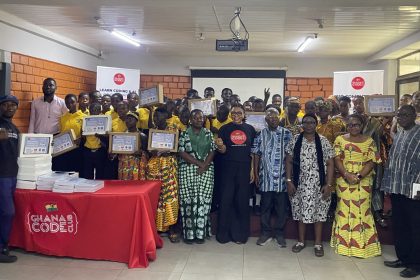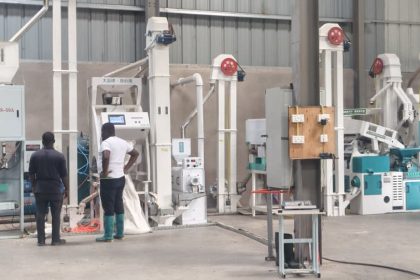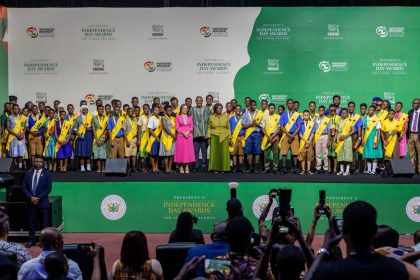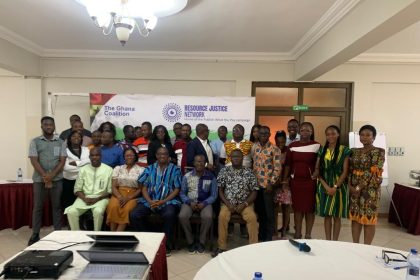The Global Media Foundation (GloMeF), a media advocacy non-governmental organisation has expressed concern about barriers and existing disparity in the nation’s justice delivery system.
The foundation working to promote social justice, transparency, and all-inclusive development noted that “exorbitant legal fees” denied the vulnerable population equal access to justice delivery.
They called on the Ghana Bar Association, Judicial Service, and the Ministry of Justice and Attorney General’s Department to take concrete steps to make legal services easily accessible and more affordable and efficient for the ordinary class.
“Charging exorbitant legal fees is making access to justice almost impossible for the poor and marginalised in society,” the foundation indicated in a statement issued and signed by Mr Raphael Godlove Ahenu, an international human rights activist and the founder and Chief Executive Officer of the GloMeF.
A copy of the statement made available to the Ghana News Agency (GNA) in Sunyani, described the “high cost of legal services” as unacceptable saying that continued to push vulnerable women, youth, and rural dwellers away from seeking justice.
“It’s heartbreaking to know that many Ghanaians, especially those living in rural areas, are being denied justice simply because they cannot afford legal services,” it stated, saying “Justice must never be a privilege for the rich, it’s also a right for every citizen”.
The statement said a recent survey conducted by the foundation showed that: “That thousands of people in Ghana avoid legal services because of the huge fees charged by legal practitioners and the long delays in the nation’s judicial system”.
“Despite the increasing number of people entering the legal profession, the legal costs have remained unreasonably high,” it stated adding that “even though more people are entering the law profession, legal services remain expensive and out of reach for the ordinary Ghanaian”.
It said, “many people will rather suffer in silence than pursue justice they cannot afford,” stressing that access to justice remained a fundamental human right enshrined in the 1992 Constitution and also recognised by various international human rights conventions.
The statement urged the government to strengthen the Legal Aid Commission by expanding its operations and resources to ensure that the poor and vulnerable could access quality legal representation.
“True democracy can only thrive when justice is accessible to all citizens,” it added, saying “until we remove the financial and procedural barriers that prevent ordinary Ghanaians from seeking justice, equality before the law will remain a distant dream”.
GNA






